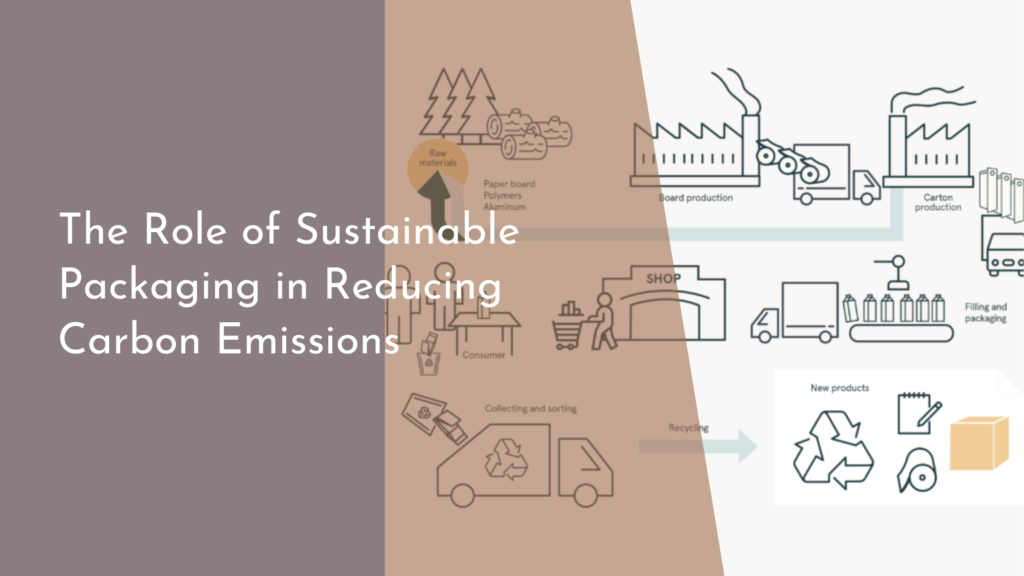Algae Fuel Integration in Urban Waste Systems
As cities continue to grapple with the increasing demands of urbanization, the quest for sustainable solutions has never been more pressing. Among the innovative approaches gaining traction is the integration of algae fuel into urban waste systems. This synergy not only addresses the challenges of waste management but also propels cities toward a greener future. By converting organic waste into algae-based biofuels, cities are discovering a dual benefit: reducing landfill waste and generating renewable energy.
In this article, we will explore how algae fuel can transform urban waste systems, revolutionizing the way cities manage their refuse while promoting sustainability. From the science behind algae cultivation to the practical applications of this renewable resource, we delve into the multiple dimensions of algae fuel integration in urban environments.
Harnessing Algae Fuel: A Green Solution for Urban Waste!
The use of algae as a biofuel is a remarkable green solution that capitalizes on the natural processes of these aquatic organisms. Algae are known for their rapid growth and ability to consume carbon dioxide, making them an efficient and sustainable energy source. When integrated into urban waste systems, algae can thrive on organic waste, absorbing nutrients and carbon from decomposing materials. This not only accelerates the breakdown of waste but also enhances the production of biofuels, providing a renewable energy source to power city operations.
Furthermore, algae fuel production offers cities a reliable alternative to fossil fuels, which contribute to greenhouse gas emissions and environmental degradation. By embracing this innovative approach, municipalities can actively work toward reducing their carbon footprint while creating a cleaner, more sustainable urban environment. The potential for algae fuel to replace traditional energy sources is not only promising but is also a vital step toward achieving climate goals in urban areas.
Transforming Trash: Algae Fuel and Waste Systems Unite
The melding of algae fuel technology and urban waste systems is a transformative process that fosters a circular economy. As cities generate significant amounts of organic waste, from food scraps to yard debris, algae cultivation systems can be deployed to utilize these materials effectively. Through anaerobic digestion or direct application, organic waste can provide the essential nutrients that algae need to flourish, allowing cities to turn trash into treasure.
This integration leads to multiple environmental benefits, including reduced landfill waste, lower methane emissions, and improved air quality. Moreover, the algae produced can be processed into biodiesel, biogas, or other biofuels, offering a sustainable energy source for local transportation, power generation, or heating. By transforming trash into valuable resources, urban waste systems can significantly contribute to cleaner cities and a more sustainable future.
How Algae Fuel is Revamping City Waste Management Efforts
The implementation of algae fuel in waste management processes is revolutionizing how cities handle refuse. Traditional waste management practices often involve incineration or landfilling, both of which have detrimental environmental impacts. In contrast, algae systems utilize waste as a feedstock for biofuel production, effectively closing the loop in waste management. This innovative strategy not only reduces the volume of waste but also provides a green energy source that can power municipal needs.
In addition to environmental benefits, integrating algae fuel into waste management can create economic opportunities within urban communities. Algae cultivation and processing facilities require a skilled workforce, leading to job creation in sectors related to renewable energy and waste management. As cities invest in these technologies, they foster local economies while promoting a culture of sustainability that can inspire residents to engage in eco-friendly practices.
The Bright Future of Algae Fuel in Urban Sustainability!
The future of algae fuel in urban sustainability is filled with promise and potential. As governments and organizations around the world recognize the urgency of addressing climate change, the integration of algae systems into urban waste management presents a viable pathway toward achieving sustainability goals. With continual advancements in biotechnology and engineering, the efficiency and scalability of algae cultivation are expected to improve, making it an increasingly attractive option for cities seeking renewable energy sources.
Moreover, with growing public awareness and demand for sustainable practices, cities adopting algae fuel initiatives can lead by example. By showcasing the successful integration of algae into waste systems, urban areas can inspire other regions to explore similar solutions. The fusion of algae fuel technology and urban waste management marks an exciting chapter in the journey toward greener cities, ensuring that future generations inherit a cleaner, more sustainable planet.
In conclusion, the integration of algae fuel into urban waste systems embodies the essence of innovation and sustainability. By harnessing the power of nature, cities can tackle the dual challenges of waste management and energy production, creating a cleaner and greener urban landscape. As we look to the future, the potential of algae fuel to transform urban sustainability efforts is indeed bright, promising a world where waste is not merely discarded but repurposed into valuable resources. Let us celebrate and support these initiatives, working together toward a more sustainable and vibrant future for our urban environments!

